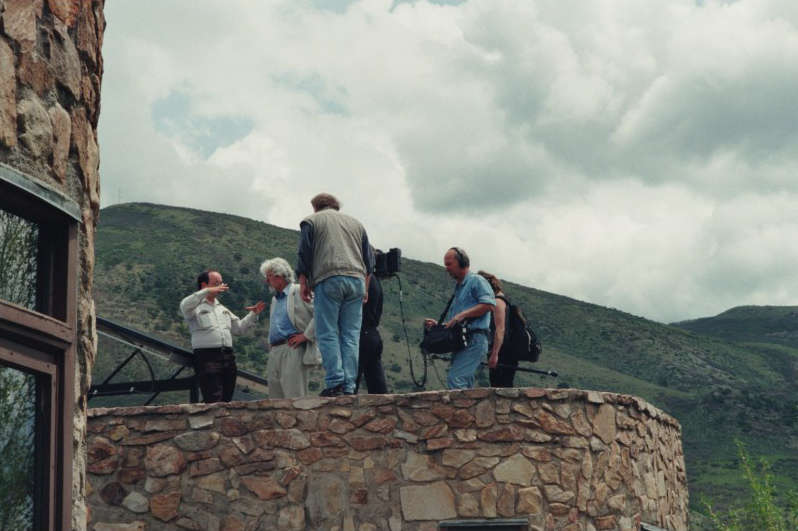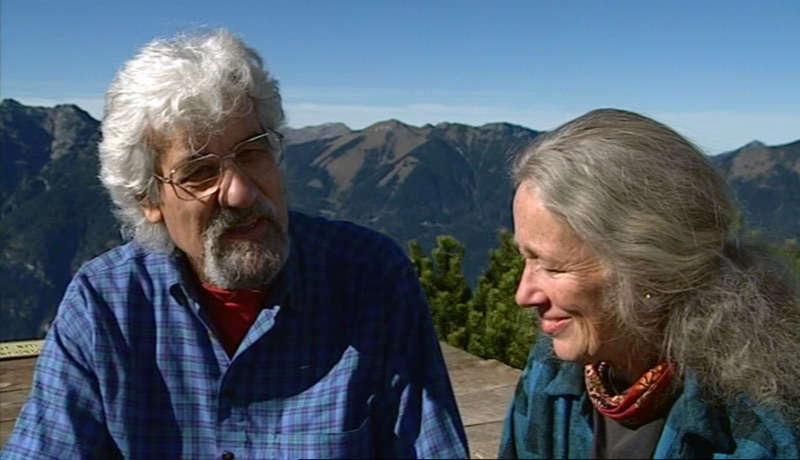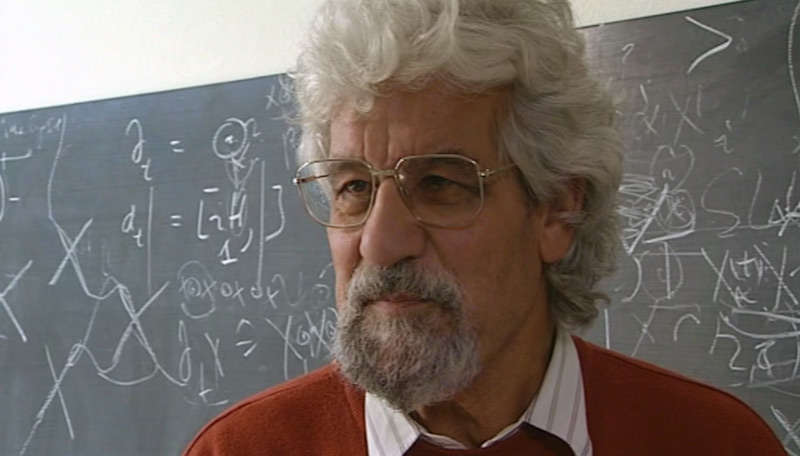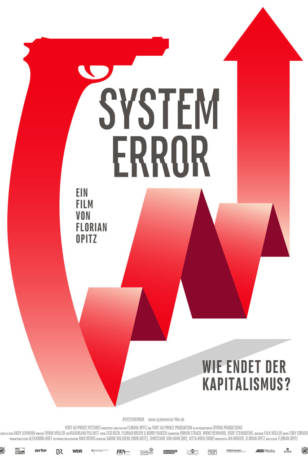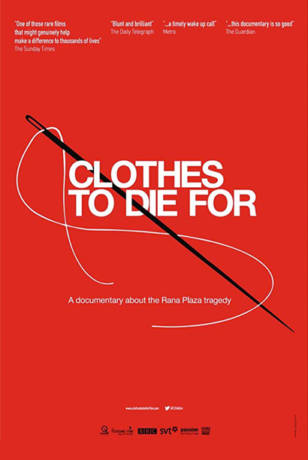Grenzgänger
As a polymath who blurs the apparent boundaries between science, economics and politics, Hans-Peter Dürr – physicist and scientific heir to Heisenberg – asserts that we need a new ethics in the natural sciences. He argues that science must serve the people: its goals must be practical; the questions it asks must be geared towards the survival of mankind.
Our dealings with nature are marked by blatant contradictions: Here the reinvention of the living being is being worked on genetically, there we are fighting for the protection of endangered nature. On the one hand man considers himself to be God, on the other hand he sees himself as a victim of threatening changes in nature. Can we normalize our relationship to nature? For Dürr it is obvious that a new understanding of nature is needed, especially in politics, technology and economics. Our actions must not be aimed at exploiting, overcoming and controlling nature, but at full cooperation with nature. After all, nature can ultimately live without man, but man cannot live without nature.
The enormous upswing of the economy in industrialized countries is based on a bank robber mentality, so to speak. Value creation and productivity are, figuratively speaking, oriented towards the acquisition of ever better, more sophisticated and usually also more expensive welding equipment, with which the increasingly thick-walled vaults of nature containing natural treasures such as coal, oil etc. are broken up. In the process, our nature – which is not only our environment, but the world in which we are embedded existentially in a complex way – is robbed. So in a certain way we rob ourselves.
Without a word of commentary, the film follows the personal and scientific biography of the quantum physicist Hans-Peter Dürr in a very entertaining and exciting way. His thoughts are presented to us in a playful way, rich in metaphor and images.

